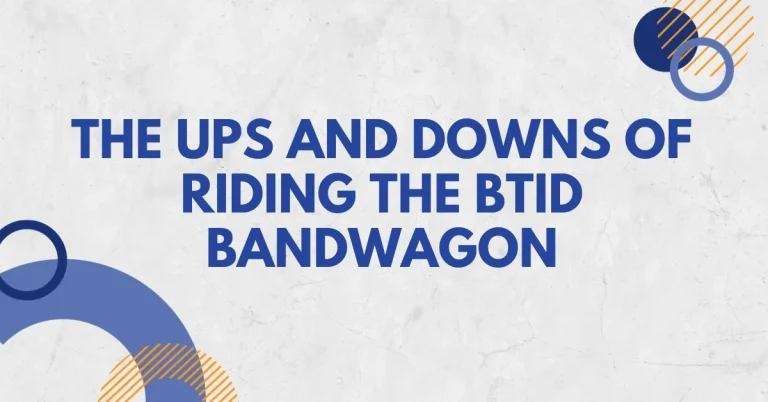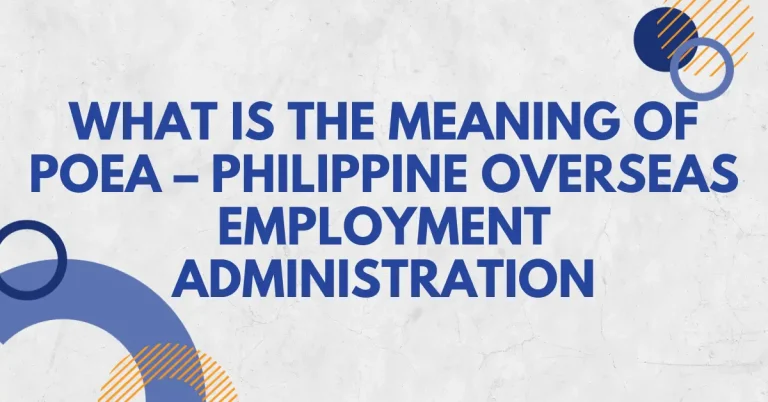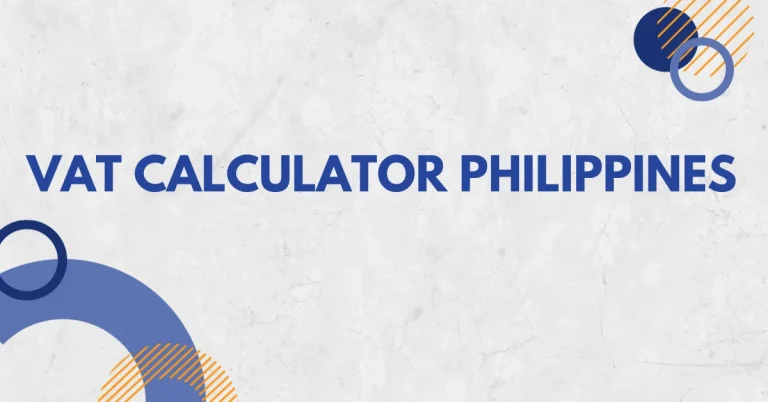Legal Compliance and Reporting for Philippine Residents With a US LLC
As the saying goes, ‘The devil is in the details,’ and when it comes to legal compliance and reporting for your US LLC as a Philippine resident, those details are crucial. You’re navigating a complex web of tax treaties and regulations that determine how your business income will be taxed by both the United States and the Philippines.
It’s vital to understand the IRS offshore disclosure rules, which can affect your reporting duties and potentially expose you to steep fines if not followed meticulously. You must report the values of overseas assets and any income they generate, all while keeping track of the reporting requirements for any foreign investments, accounts, pension plans, or life insurance policies you might have.
This intricate landscape of international tax obligations is not only multifaceted but also fraught with potential pitfalls that could have significant implications for your financial well-being. As you stand at this critical juncture, consider the next steps carefully, as they could shape your fiscal future for years to come.
Understanding US-Philippines Taxation
As a Philippine resident with a US LLC, it’s crucial to understand how the US-Philippines tax treaty affects your tax obligations and reporting requirements. Navigating these waters can seem daunting, but you’re not alone. The treaty is designed to alleviate double taxation, ensuring you don’t pay income tax to both the United States and the Philippines on the same income.
However, as a US taxpayer, you’re obligated to report your worldwide income, including that from Philippine sources. You may be eligible for foreign tax credits or exclusions on your US tax return, which can reduce your tax liability. It’s important to note that being a permanent resident of the Philippines doesn’t exempt you from these responsibilities.
Furthermore, disclosure of your foreign investments, accounts, pension plans, and life insurance policies is mandatory. The IRS stipulates specific deadlines for reporting, with a structured process for requesting extensions if needed.
Should you have overlooked reporting in previous years, it’s wise to consider offshore disclosure programs. These can help you rectify your situation without facing steep fines and penalties.
Compliance With FBAR Requirements
If you’re a Philippine resident with a US LLC, it’s essential to regularly ensure compliance with the FBAR (FinCEN Form 114) by reporting your foreign bank and financial accounts if their aggregate value exceeds $10,000 at any point in the calendar year. This requirement is part of the Foreign Account Tax Compliance Act (FATCA), aimed at preventing tax evasion by US taxpayers.
You must be methodical in your approach to meet the FBAR requirements:
- Due Date: The original deadline for filing FBAR is April 15. An automatic extension is granted until October 15, with no need to request it.
- Penalties for Non-Compliance: – Not reporting your foreign bank and financial accounts can result in severe penalties. – It’s crucial to file on time to avoid these consequences.
- Professional Guidance: – Engage with a tax advisor who specializes in international tax law. – They’ll help you navigate the complexities of FBAR filings.
FATCA Reporting Obligations
Understanding your obligations under the Foreign Account Tax Compliance Act (FATCA) is crucial if you’re a Philippine resident with financial assets in a US LLC, as you’ll need to report these assets to the IRS using Form 8938 if they exceed certain thresholds. As a holder of foreign financial assets, it’s important to know that if the total value of your assets is over $50,000, you’re required to file Form 8938.
The FATCA was enacted to prevent tax evasion by U.S. taxpayers through the use of offshore accounts. Under FATCA, certain foreign financial institutions must also report information about accounts held by U.S. taxpayers. This means that even if you’re not a US citizen, but have significant interests in a US LLC, the IRS may still be aware of your financial holdings.
Reporting thresholds for FATCA can vary depending on your marital status and whether you reside in the Philippines or in the U.S. It’s essential to stay informed and methodical in your approach to ensure you’re in compliance with these regulations.
Filing Deadlines for Key Forms
As a Philippine resident with a US LLC, you must be punctual in submitting IRS Form deadlines to avoid penalties.
The annual report of your foreign assets on Form 8938 coincides with your tax return, while the FBAR requires a separate filing by April 15, with an automatic October extension.
Understanding the FBAR filing requirements is crucial, as non-compliance can lead to significant fines.
IRS Form Deadlines
Navigating IRS form deadlines is crucial for Philippine residents with a US LLC to ensure compliance and avoid hefty penalties. You’re part of a community that values timely reporting and understands the importance of meeting Internal Revenue requirements. Here’s a precise rundown:
FBAR (FinCEN Form 114)
- Due Date: April 15
- Extension: Automatic until October 15
Form 8938 (Statement of Foreign Financial Assets)
- Due Date: Coincides with tax return
- Extension: Follows the tax return extension
Annual Income and Business Income Reporting
- Due Date: Generally April 15
- Extension: Possible with Form 4868
Don’t let the reporting requirement deadlines slip by. Staying methodical in your approach ensures your business income is reported accurately and on time.
Annual Report Submission
To maintain your US LLC’s good standing, you must diligently submit the annual report by the state-specific deadline, which typically falls on the anniversary of your company’s formation.
This critical document, detailing your business activities, ownership, and management, ensures you meet filing requirements and avoid penalties.
FBAR Filing Requirements
Are you aware that if you’re a Philippine resident with a US LLC, you must file FBAR (FinCEN Form 114) by April 15th, with an automatic extension to October, to report your foreign bank and financial accounts? Let’s align your responsibilities:
FBAR Filing Requirements
- FinCEN Form 114: Must file by April 15th, automatic extension to October
- Penalties for Non-Compliance: Fines can be avoided through offshore voluntary disclosure programs
- Other Forms and Deadlines: Form 8938 under the Foreign Account Tax Compliance Act is due with your tax return
Adherence to these requirements ensures you’re in good standing and fosters a sense of community with fellow compliant taxpayers. Don’t forget to mark these critical dates in your calendar to maintain your legal and financial ties across borders.
Handling Missed Reporting Deadlines
If you’ve missed a reporting deadline for your US LLC, it’s crucial to address the oversight promptly to mitigate potential penalties.
Familiarize yourself with the specific extension processes and consider offshore voluntary disclosure programs as a corrective measure.
Seeking advice from a tax law specialist can streamline your rectification steps and ensure compliance with IRS regulations.
Addressing Overdue Filings
Navigating overdue filings, Philippine residents with a US LLC must be aware of the potential for fines and seek remedies through programs like the IRS’s offshore voluntary disclosure. You’re part of a community that values legal compliance, and addressing missed deadlines is crucial to maintaining your standing.
FBAR (FinCEN Form 114): Reports foreign bank and financial accounts
- Due April 15 with automatic extension to October
- Requires noting the exchange rate used
Form 8938: Reports foreign assets under the Foreign Account Tax Compliance Act
- Due with your tax return, extensions may apply
- Correct past non-filings via offshore disclosure programs
Methodically review each form’s deadlines, and if you’ve missed any, act swiftly to utilize available remedies and minimize potential fines.
Penalties and Rectification Steps
Confronting missed reporting deadlines head-on, Philippine residents with a US LLC can mitigate hefty fines by promptly engaging in offshore voluntary disclosure programs or IRS amnesty procedures.
These rectification steps offer a structured path to compliance, aligning with the Foreign Account Tax Compliance Act’s stringent requirements.
Failing to submit a FinCEN Form on time, for instance, carries severe penalties. However, you can avoid these consequences by leveraging the specific deadlines and extension processes each foreign account filing form stipulates.
If you’ve overlooked reporting in prior years, it’s critical to address these lapses through offshore disclosure initiatives.
For a meticulous approach, seek guidance from a Board-Certified Tax Law Specialist with expertise in international tax law before proceeding with your rectification.
Engaging International Tax Counsel
Engaging international tax counsel equips Philippine residents with a US LLC with the expertise necessary to decipher the complexities of US tax obligations and exploit potential treaty benefits. With their help, you’ll find yourself adeptly navigating the labyrinth of international taxation, ensuring full compliance while maximizing your benefits.
Here’s how international tax counsel can assist you:
Guidance on US tax treaties:
- Minimizing taxation on specific types of income.
- Leveraging the Philippines-US tax treaties to your advantage.
Navigating US taxation complexities:
- Addressing issues with offshore accounts, assets, and investments.
- Assisting with the Foreign Account Tax Compliance Act (FATCA) and reporting to financial institutions.
Understanding tax implications:
- Decoding the US taxation on income that’s tax-free in the Philippines.
- Utilizing Form 8833 for treaty positions and seeking non-US person treatment.
Frequently Asked Questions
Who Is Exempt From FATCA Reporting?
You’re exempt from FATCA reporting if you meet specific IRS definitions and exemption criteria, such as falling below the reporting thresholds or being part of certain FATCA partnerships with non-reporting status.
What Are the Tax Implications for Non US Resident Owners of an Llc?
Ironically, as a non-US resident LLC owner, you’re navigating a maze of tax classifications, where ownership structure dictates state taxes and profit repatriation becomes a puzzle piece in your international tax strategy.
Can a US LLC Do Business Internationally?
Yes, you can expand your US LLC’s global operations, but you’ll face compliance challenges. Navigating business jurisdiction rules and cross-border taxation is crucial to operate legally and feel part of the global business community.
Does the Philippines Have a Tax Treaty With the Usa?
Yes, the Philippines and the USA have a tax treaty, a bridge of tax reciprocity ensuring fair withholding rates and treaty benefits, akin to revenue sharing agreements that foster a sense of fiscal community.
Conclusion
You’ve navigated the complex waters of US-Philippines taxation, ensuring compliance with FBAR and FATCA, and meeting critical deadlines.
Remember, with over $10 billion in trade flowing between the US and the Philippines annually, accurate reporting isn’t only lawful but essential for sustaining this economic relationship.
Should deadlines slip by, promptly seek specialized tax counsel to mitigate potential penalties.
Stay diligent; your adherence to international tax laws fortifies your business integrity and contributes to robust transpacific commerce. Checkout this detailed guide on: Annual Compliance Requirements for US-LLCs owned by Non-Residents



